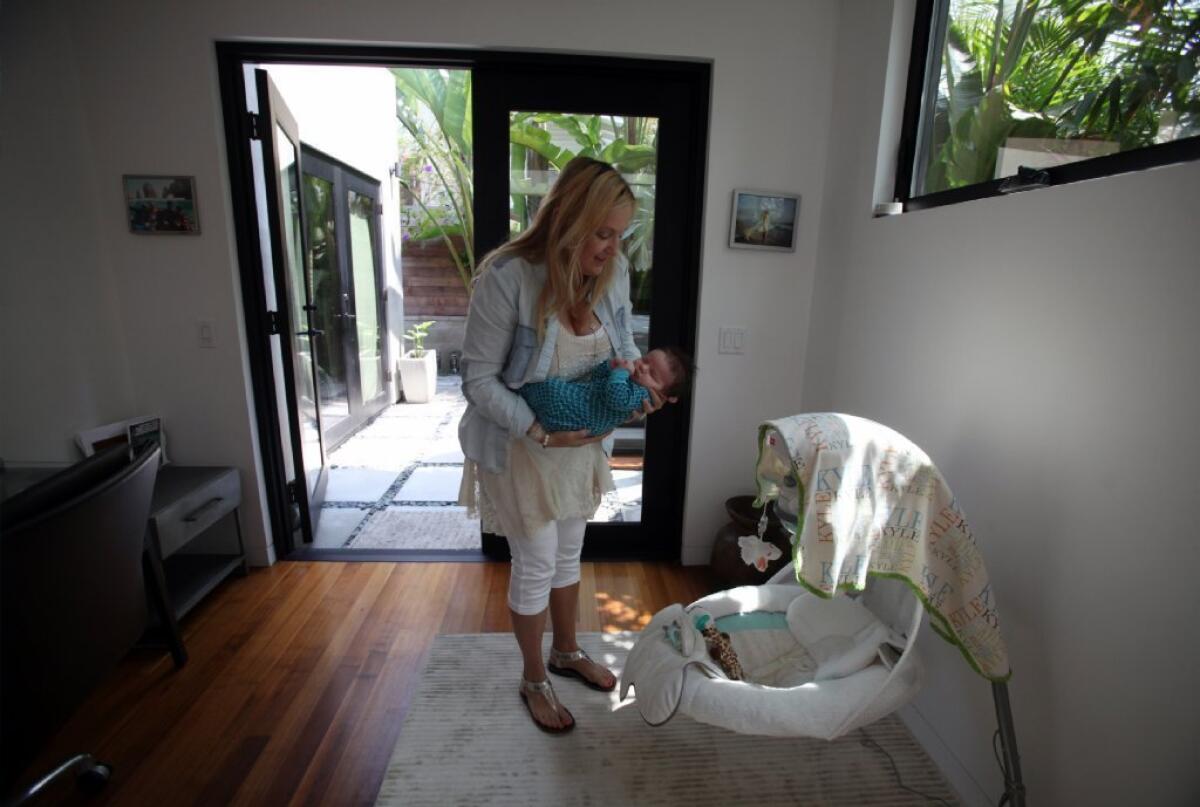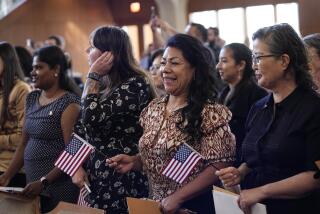First-time moms keep skewing older in the U.S., CDC says

American women from nearly all walks of life are waiting longer to take the plunge into motherhood, according to new data from the Centers for Disease Control and Prevention.
The number of babies born to first-time mothers who are at least 35 years old is more than nine times higher now than it was in the early 1970s. This increase comes even as the total number of births in the U.S. has been declining each year since 2007.
Women aged 35 to 39 account for most of the increase in what the CDC considers to be “older” first-time moms. For every 1,000 women in this age group, 11 babies were born to new mothers in 2012. Back in 1970, the figure was 1.7 babies per 1,000 new moms, according to the report released Friday.
The first-time birthrate among women aged 40 to 44 didn’t start to rise until the 1980s. In 1985, there were only 0.5 first-time births for every 1,000 women in this age group. By 2012, the corresponding figure was 2.3 per 1,000.
Asian American women were more likely than women of other racial and ethnic backgrounds to have their first child after their 35th birthday. In 2012, the first-time birthrate for women categorized as Asian or Pacific Islander was 19.7 per 1,000 women aged 35 to 39 and 4.3 per 1,000 women aged 40 to 44. Those rates are 61% and 95% higher, respectively, than in 1990, the report says.
But the group with the greatest increase in older first-time motherhood was non-Latina blacks. In 2012, their first-time birthrate was 7.3 per 1,000 women aged 35 to 39 (up 78% since 1990) and 1.9 per 1,000 women aged 40 to 44 (171% higher than in 1990), the report says.
Non-Latina white women were not far behind. Their first-time birthrate was 11.9 per 1,000 women aged 35 to 39 in 2012 (a 70% increase since 1990) and 2.3 per 1,000 women aged 40 to 44 (up 130% since 1990).
The trend was less pronounced among Latinas. For every 1,000 Latina women aged 35 and 39, 7.6 babies were born to first-time moms in 2012. That was 33% higher than in 1990. The first-time birthrate for Latinas aged 40 to 44 was 1.8 per 1,000 women in 2012, up 64% since 1990.
Women categorized as American Indians or Alaska Natives were the least likely to become first-time mothers after age 35. In 2012, there were only 3 first-time births for every 1,000 such women aged 35 to 39 and 0.6 first-time births for every 1,000 women aged 40 to 44. Both figures were essentially flat since 2000 and only 25% and 50% higher, respectively, since 1990.
The report was published Friday by the CDC’s National Center for Health Statistics.







